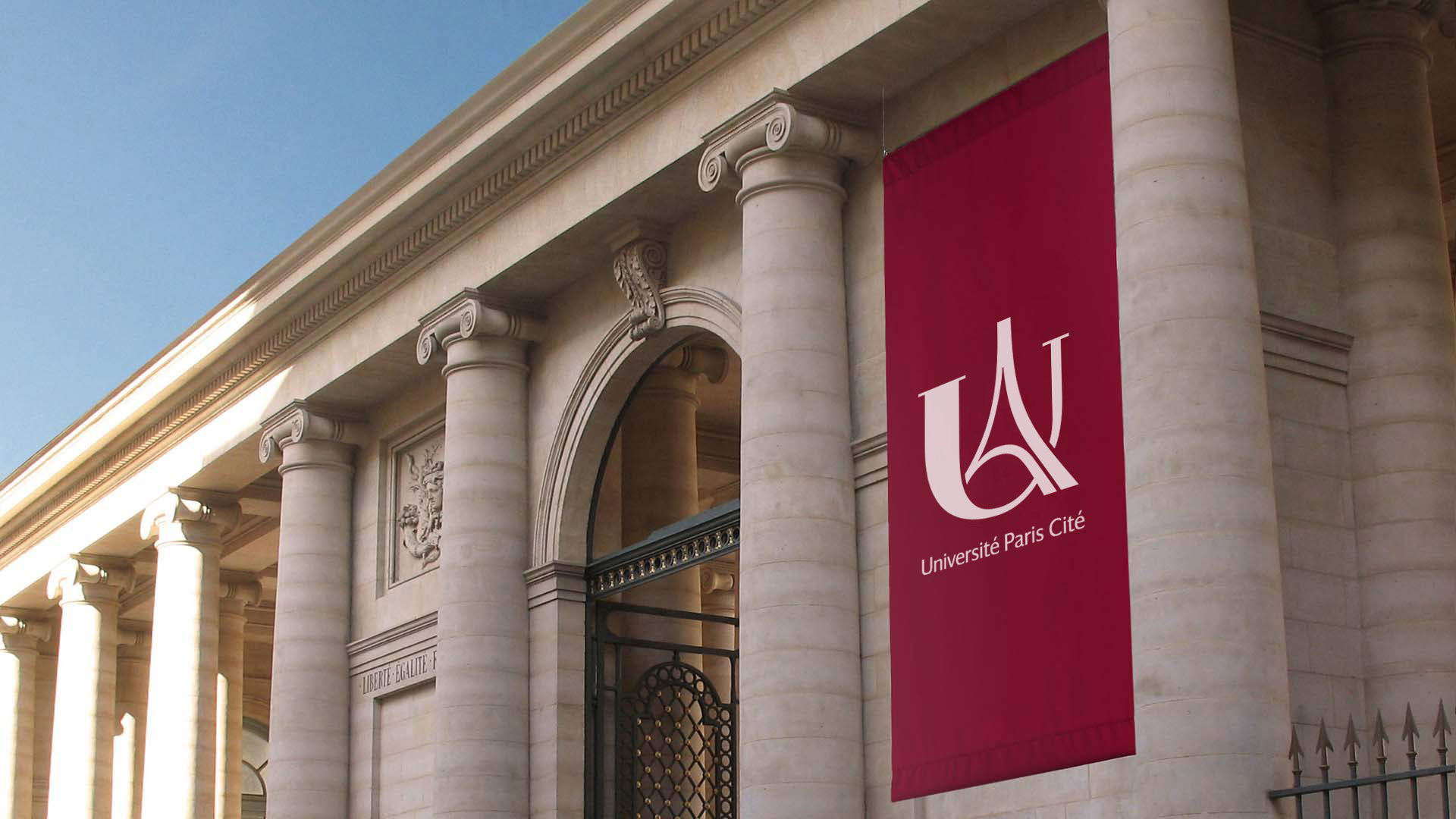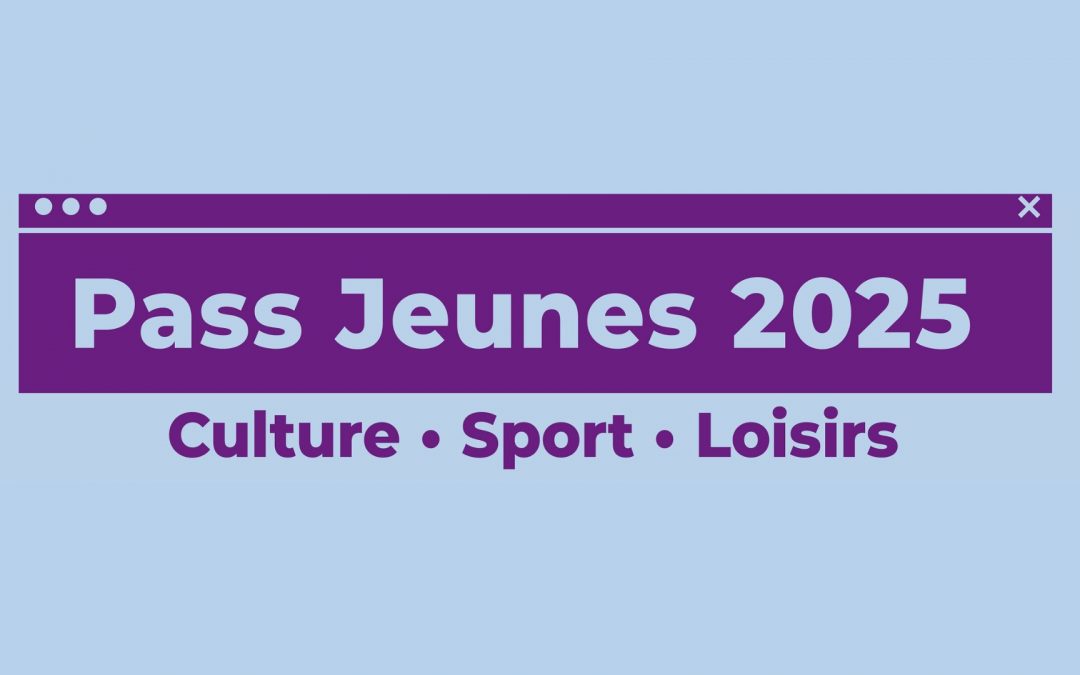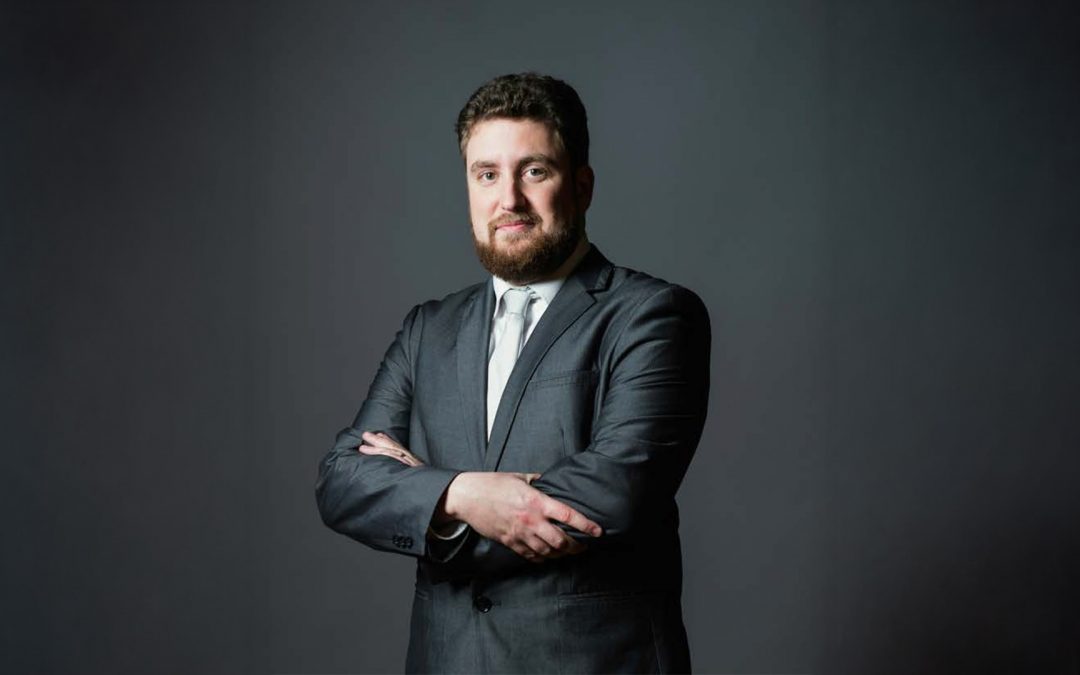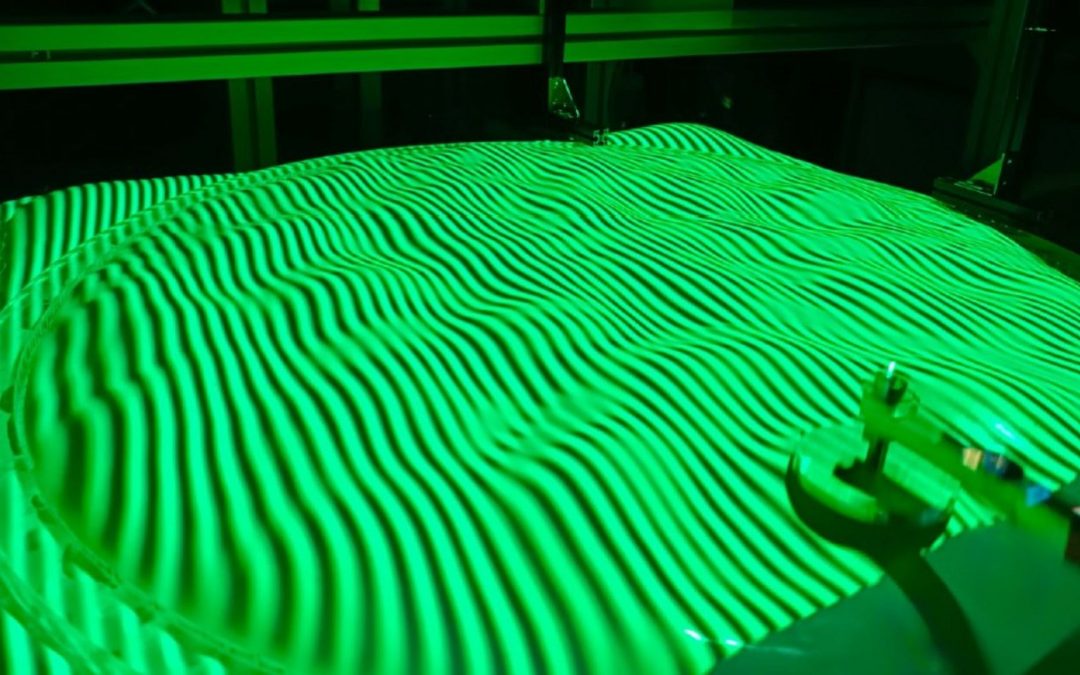Continuing the progress made last year, Université Paris Cité is now ranked 60th out of the 1,000 institutions included in the Shanghai Academic Ranking of World Universities (AWRU) for 2024, and remains 4th in France.

The new Shanghai Academic Ranking of World Universities was unveiled on August 15th. Ranked 60th in the world, Université Paris Cité has seen the biggest rise among French institutions (up 9 places), achieving its highest ranking since its creation and first appearance in the ranking back in 2020.
Édouard Kaminski, President of Université Paris Cité, comments:
“We are delighted with this recognition, which underlines the influence of the research carried out by our professors, researchers and research support staff in our laboratories. I would like to congratulate and warmly thank our entire community for its commitment to research, and for the quality and impact of its work: this remarkable result – the best achieved by our university since its creation – is first and foremost theirs!
This 60th position reflects the success of the scientific strategy developed jointly by the university and its partner research organisations – CNRS, Inserm, Inria and IRD – and, in the field of health, it reflects particularly the success of the association with the Institut Pasteur and the close links with the AP-HP (the public hospital network of Paris and its region). The recognition of our research ecosystem supports the quality and attractiveness of our training programmes, including those offered by the Graduate Schools, and strengthens our innovation cluster (ValoCité).
Our remarkable progress is part of the positive overall dynamic in the region, where we are developing strong synergies. It has also benefited from the policies implemented by the French government to support research, notably through our successes in the calls for projects under investments programmes.
While I welcome this result, which has been achieved in an increasingly competitive international environment, I do have some reservations about the way in which the annual fluctuations in the rankings are interpreted in the light of the long-term nature of research, and about the various limitations of the rankings, in particular the fact that scientific output in the humanities and social sciences is not properly taken into account, and the absence of criteria relating to the quality of training courses.”
Read more

Lévitation magnétique : un modèle simple pour un phénomène complexe
Une équipe du laboratoire Matière et Systèmes Complexes (MSC - Université Paris Cité/CNRS), en collaboration avec le laboratoire de physique de l’ENS Lyon, a décrit, pour la première fois par un modèle simple, le mécanisme de la lévitation magnétique d'un aimant placé...
read more
Été 2025 : profitez de Paris à prix mini avec le Pass Jeunes !
Vous avez moins de 25 ans ? Cet été, ne manquez pas le Pass Jeunes 2025, un dispositif gratuit de la Ville de Paris qui vous donne accès à 41 activités culturelles, sportives et de loisirs, gratuites ou à tarifs très réduits, jusqu'au 30 septembre 2025. Étudiantes et...
read more
Boris Chaumette, la science au service de la santé mentale
Psychiatre et neuroscientifique reconnu, Boris Chaumette œuvre au développement d’une évolution médicale majeure : la psychiatrie de précision. Sa sélection au programme franco-britannique Young Leaders 2025 met en lumière l’excellence de ses travaux et constitue une...
read more
Quand les ondes imitent le comportement d’un gaz
Marlone Vernet et Eric Falcon, physiciens au laboratoire Matière et Systèmes Complexes (MSC - Université Paris Cité/CNRS), ont observé un phénomène étonnant : dans un système agité de manière aléatoire, des ondes peuvent se comporter comme les molécules d’un gaz....
read more